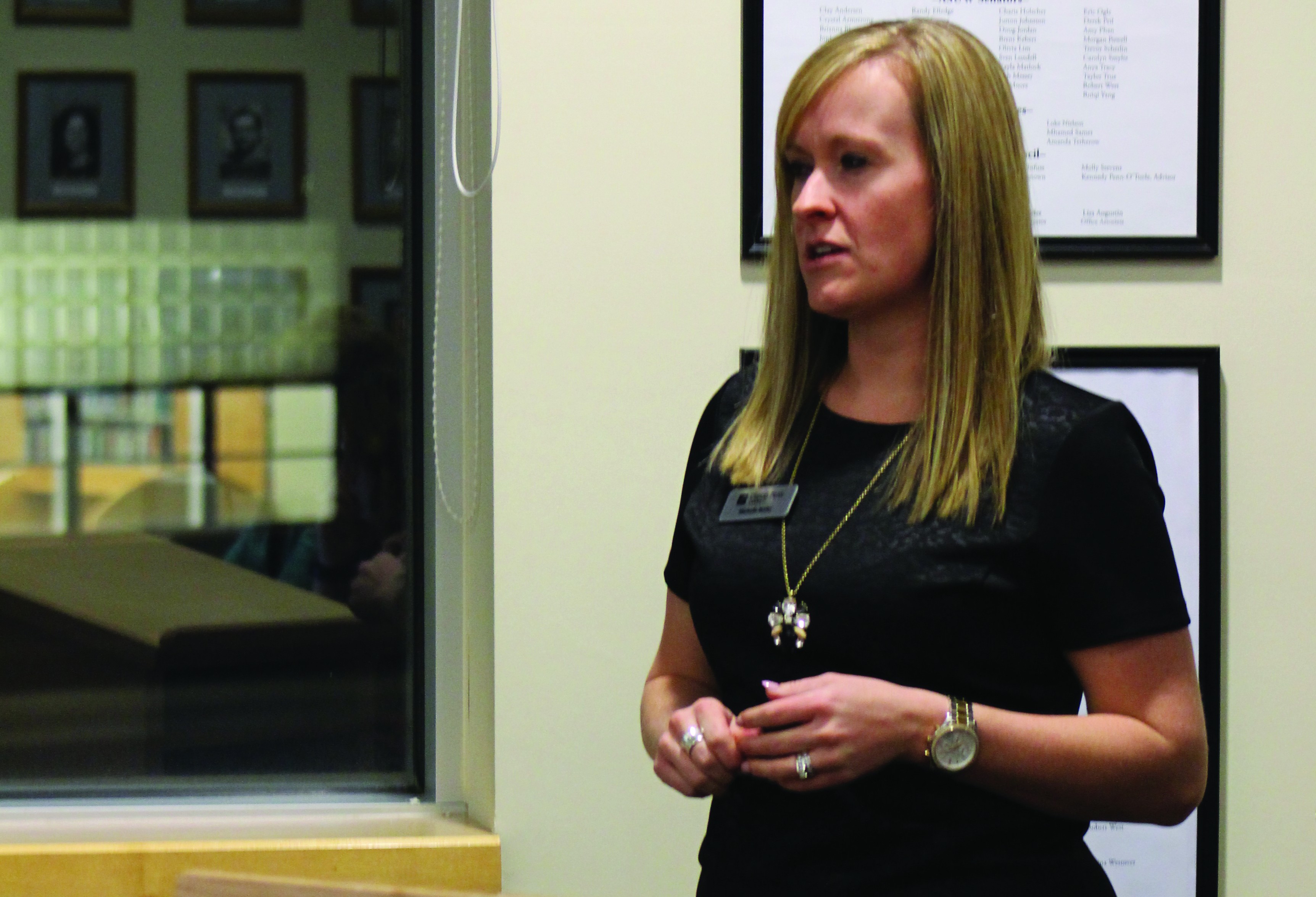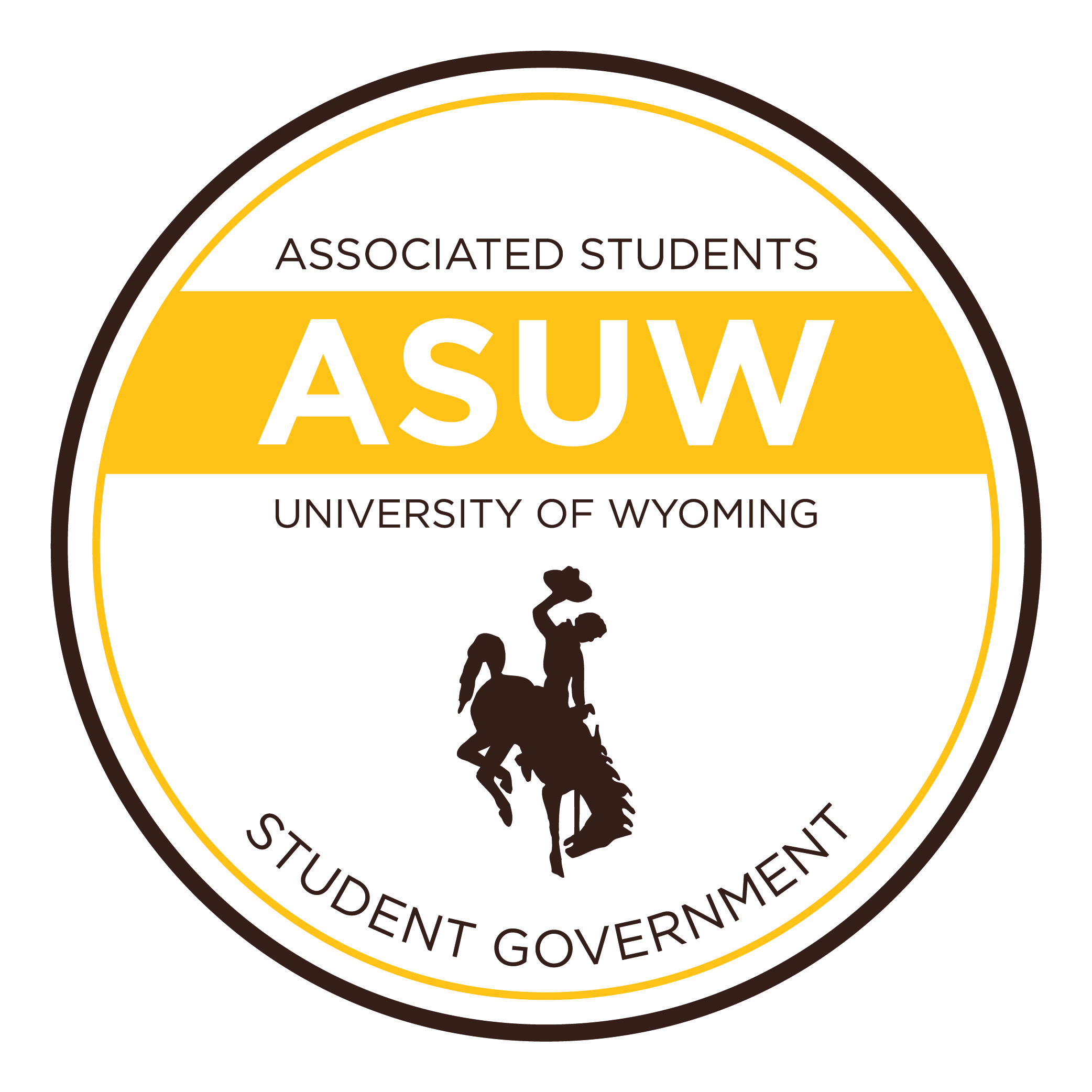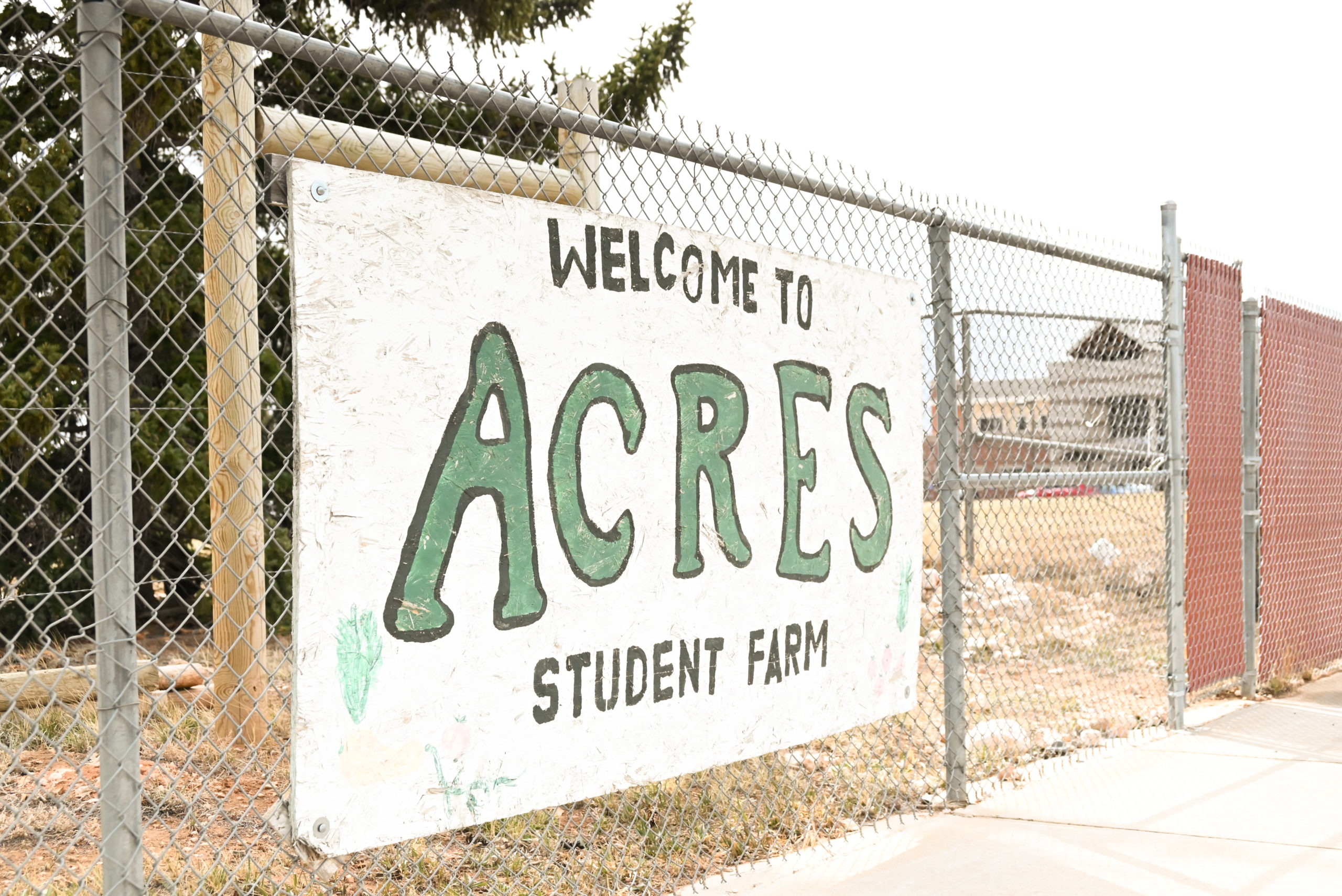Senuri Hettigoda
shettigo@uwyo.edu
Tuesday evening the ASUW senate gathered in the senate chambers to discuss and debate about the 4 percent compounded tuition increase for the next four years in the presence of a member of the board of trustees.
The current fiscal situation within the state has blocked grants for the university, which creates a conflict between three major interests: accessibility, affordability and high quality educational experience, according to a UW press release. Therefore they discussed ASUW’s senate resolution 2478, concerning fiscal year 2017-2018.
The UW board of trustees recommended a 4 percent tuition increase, which ASUW considered, given the lack of other options.
Senators from different colleges expressed concerns of their fellow students regarding the tuition increase. Nevertheless, the senators have conducted a poll during the past weeks to have a better comprehension of what students think about a tuition increase.
When the amendment was discussed, Senator of the College of Agriculture Eilish Hanson said the “university has approximately 13,000 students but the polls are only based on 200 students, which is not a great statistical measure”.
Regardless of the statistically unbalanced results senators continued their debate.
Senator of college of arts and sciences Taylor Thompson opposed the notion of tuition increase.
“It is another opportunity for tuition increase to take place; we do not think we have a significant number of students who have interest in tuition increase,” she said.
However, some senators said students of their college’s staff budgets, IT and libraries.
Senator Clington Harper contradicted the idea of tuition increase because the national inflation rate of tuition is only 1 percent.
“Why does faculty salary, budget increases, building projects funds are in a detrimental state? Does that mean the university needs a more sustainable business model?” Harper said.
Within the ASUW government most senators addressed whether the budget issues should necessarily fall on students’ shoulders or if it is more of a state and university concerned fiscal issue that involves outside politics. Although the tuition increases by 4 percent, the University of Wyoming will still be the cheapest college in the nation, Senator Tony Lafaso said.
Other briefings:
Representatives of Cloud Peak Energy presented to ASUW, providing a detailed explanation of how coal supports Wyoming’s economy. The representatives also briefed that over $1 billion in taxes is paid to state government (which makes 30 percent of the state’s revenue.) They also provided the analyzed process of how they mine coal and how they maintain their reputation as the third safest coal mining company in the United States.



